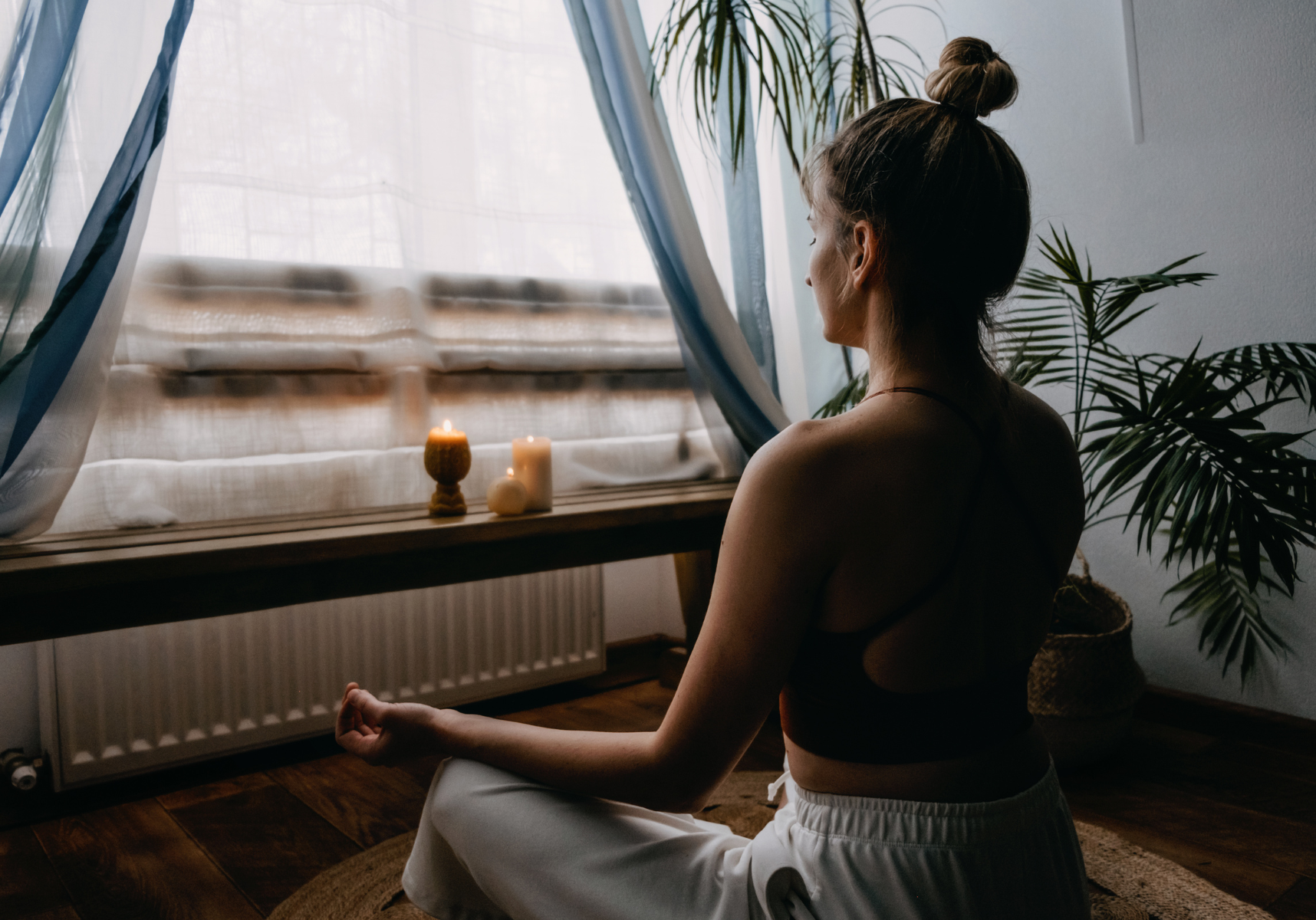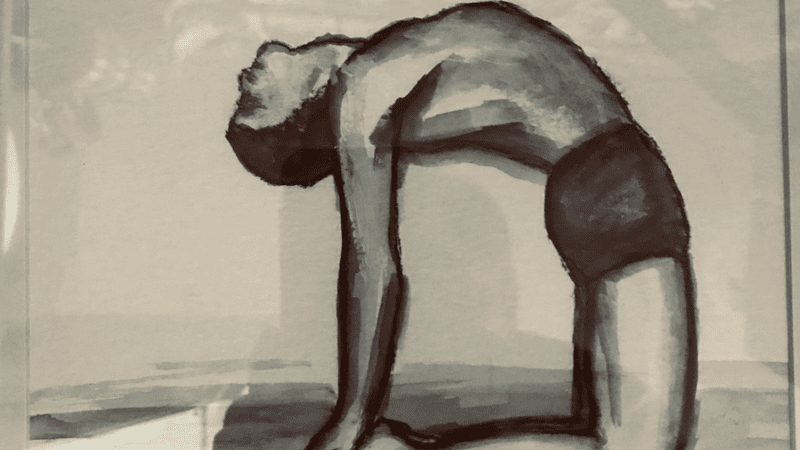
Is Meditation the same as Mindfullness?
Distinguishing Mindfulness and Meditation: Exploring Their Differences - By Anandmutri Gurumaa
Reading time: 4 minutes
Mindfulness and meditation. Are these words synonymous? In a word, no. One can say that mindfulness can eventually lead to a meditative state, but the terms are not interchangeable.
Mindfulness is the buzzword in many self-help, lifestyle and modern spirituality books. As the term indicates, it is about the mind’s awareness of all that the mind is tending to. Being mindful means being in the present moment paying attention to the happenings in the world around us and our body and mind - the body’s movements, bodily sensations, thoughts and emotions.
Indeed, the practice is very beneficial in our day-to-day lives. When you are attentive, the quality of your work is enhanced. Even so-called mundane chores become less tedious when you do them mindfully. Moreover, when you are aware of your surroundings, your reactions to situations become measured. You start enjoying the world more because your sensory awareness increases. Not only do you start noticing the subtle shades of nature’s beauty, but you also become more receptive to others’ feelings, thus improving your relationships. The practice of mindfulness is indeed beneficial.
The key point to note, however, is that in mindfulness, awareness is at the level of the mind. It is the mind that pays attention to the world, to the body and to the mind’s own thoughts and emotions. Meditation, on the other hand, is a state where one experiences one’s existence in the absence of the mind. ‘The mind is not, but I am.’ This is the purpose and nature of meditative practices. In the state of meditation, one transcends the confines of the mind.
Mind is the barrier between you and your real Self. The journey of meditation is from the mind to no mind. Mindfulness is using your mind to be aware of the world, body, and mind. But meditation is going beyond the mind. We can say that mindfulness can be a step toward meditation, but there is a fundamental difference between the two: one makes the mind more alert, and the other takes you beyond the limitations of the mind.
Mindfulness can be done standing, sitting, walking, working etc. But to practice meditation, one needs to sit down in a proper posture with the spine erect. To quieten the mind, beginners must follow a methodology (like watching the breath, mantra chanting, listening to certain sounds, etc.). Remember, the method is not meditation. It is a tool used to lead to a state of meditation.
Most people have very little awareness of their own minds. Only when you start sitting for meditation do you get a glimpse of the state of your mind. That is when you start noticing the cavalcade of thoughts, the repressed emotions, the memories, the fears, the jealousies. It is impossible to attain a meditative state when the mind is so disturbed, so defiled. Indeed, much preparatory work must be done on the body and mind before one can experience the state of meditation. And mindfulness can be one tool in this direction.
The other thing to know is that meditation does not mean concentration. Many people can concentrate very well – an artist engrossed in his painting, a musician immersed in his music, a mechanic mending a car – this is concentration, not meditation. When you concentrate, you are focusing on one thought or object to the exclusion of all others. Yes, it can be a beginning, a preparatory practice like focusing on a mantra or the breath. But eventually, this, too, drops away in a meditative state.
Meditation is a state of heightened, thoughtless awareness. It is a state where the mind is silent, but one is fully aware of that silence. And this awareness doesn’t fade away – as it does in deep sleep or intoxication. The mind is quiet, steady. Meditation is a state of absolute aloneness, a state of bliss where there is no perceived need for any companionship or craving for things and beings. No desire at all. The joy of meditation makes one completely independent and fulfilled.
You can find more information on meditation in my book: The Art of Meditation – A Practical Guide for Transcending Mind.







